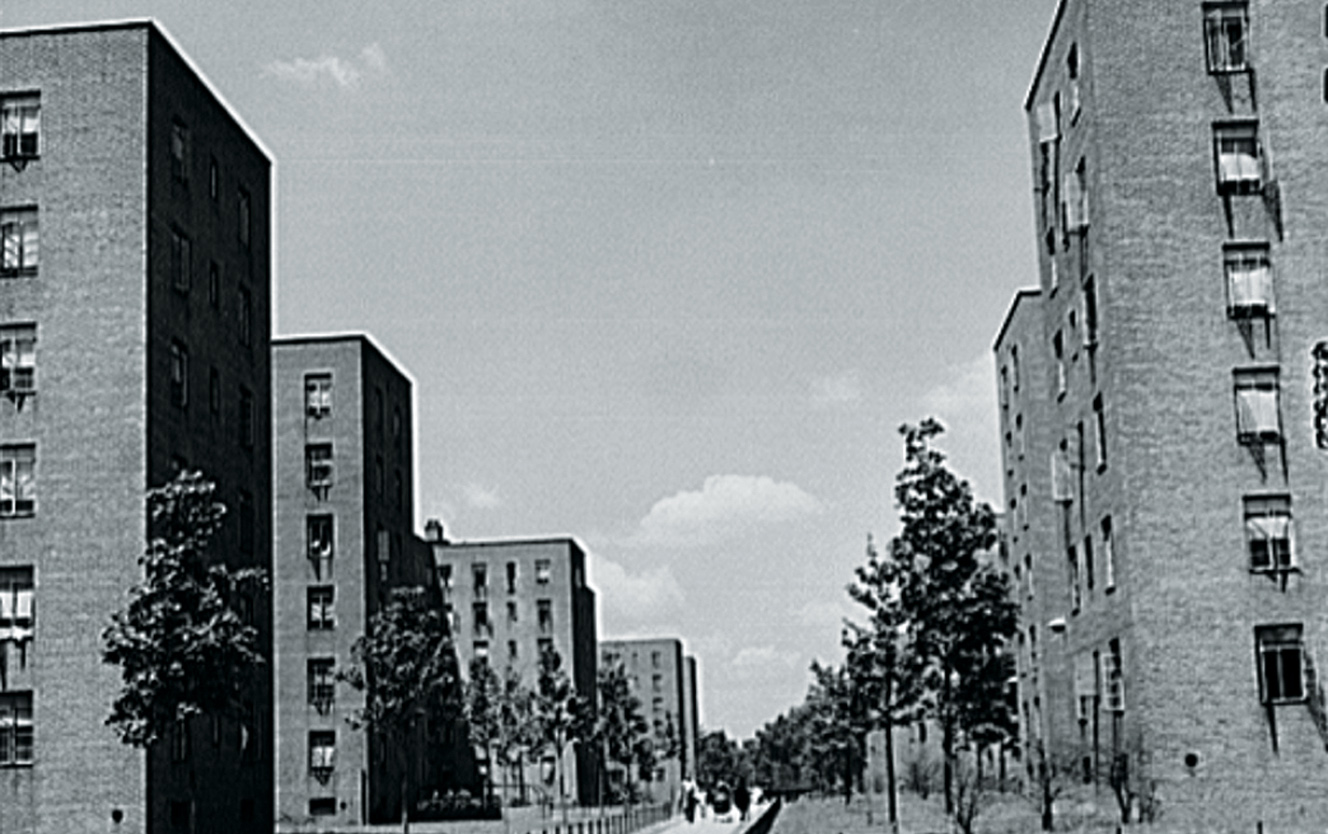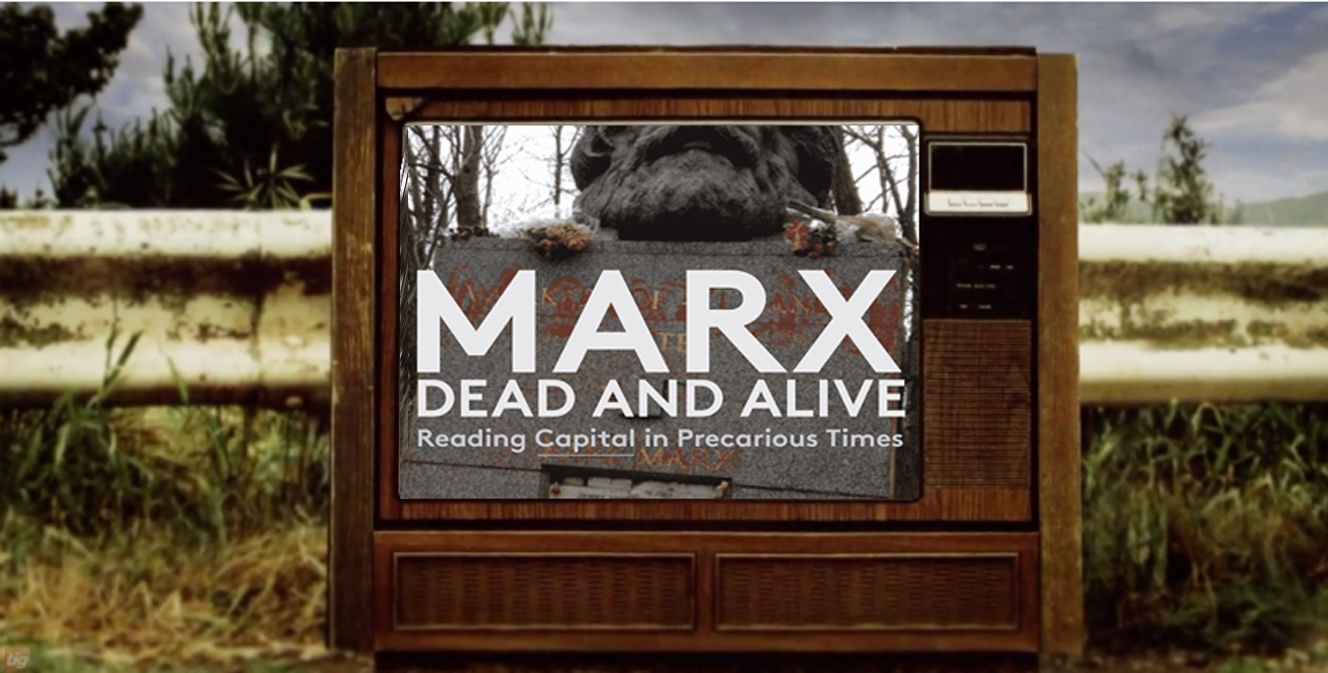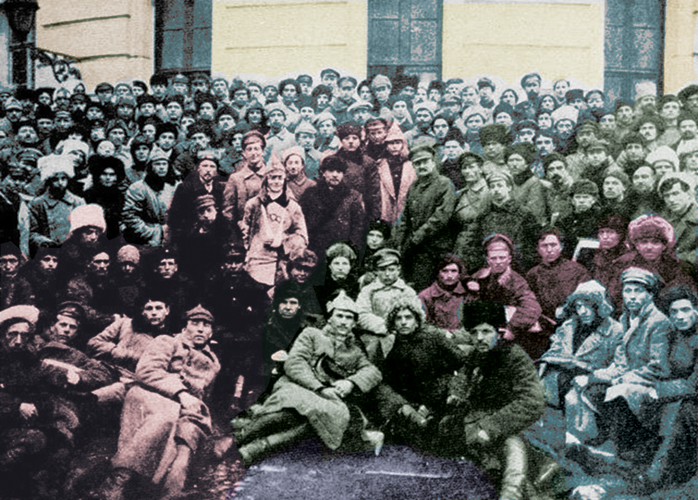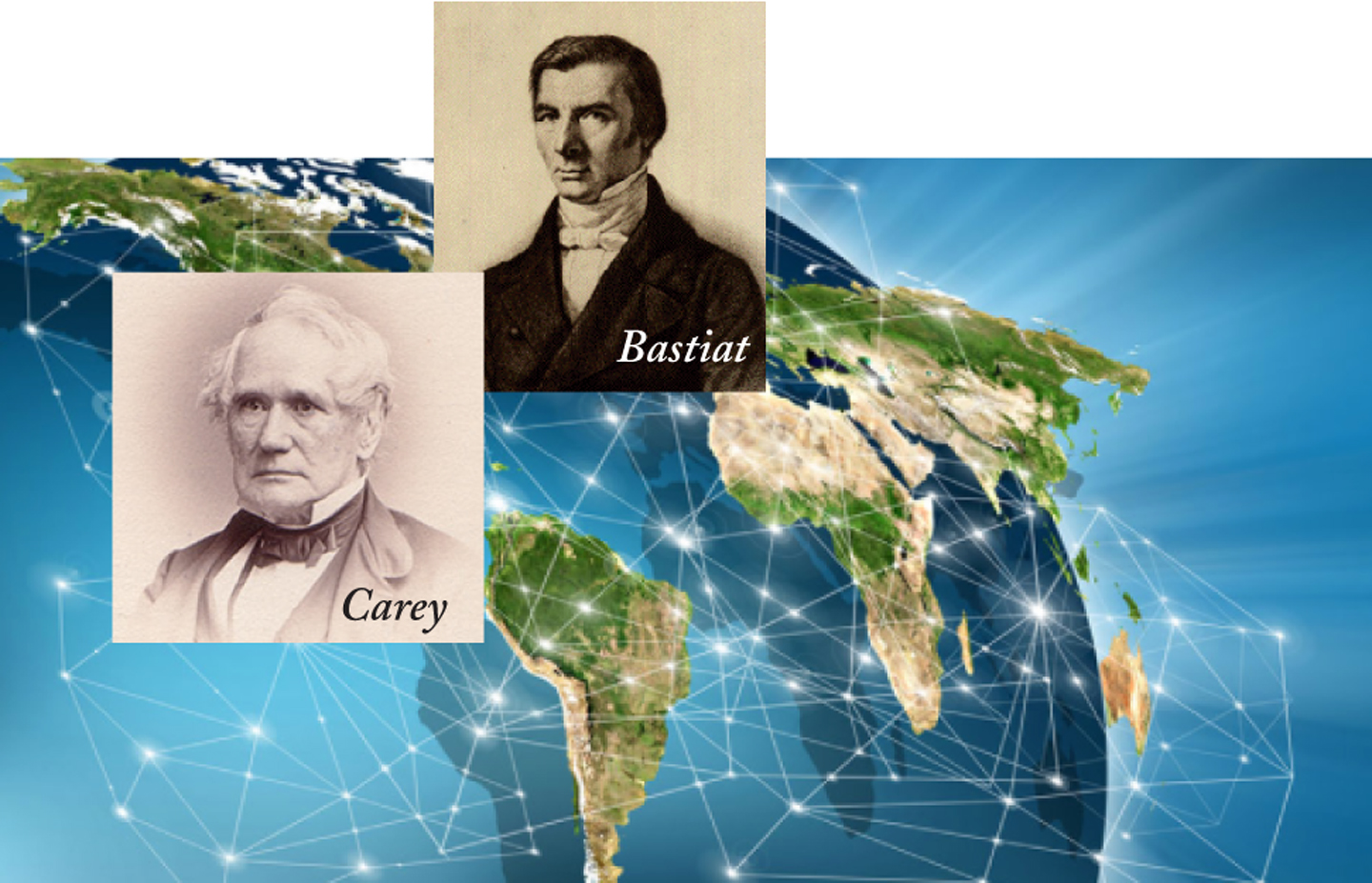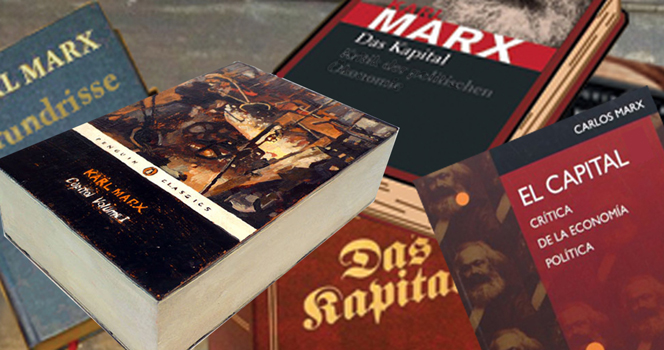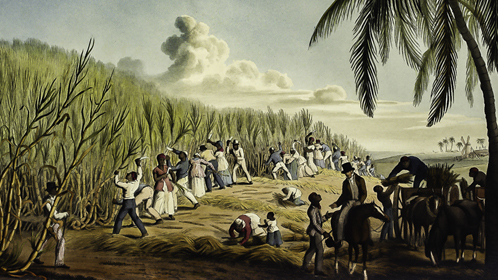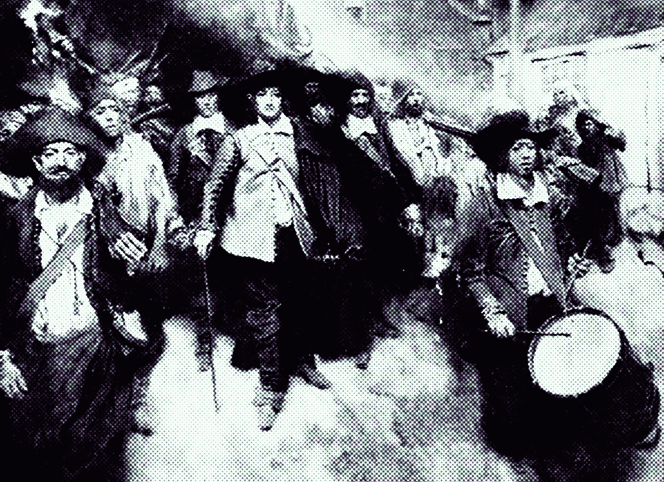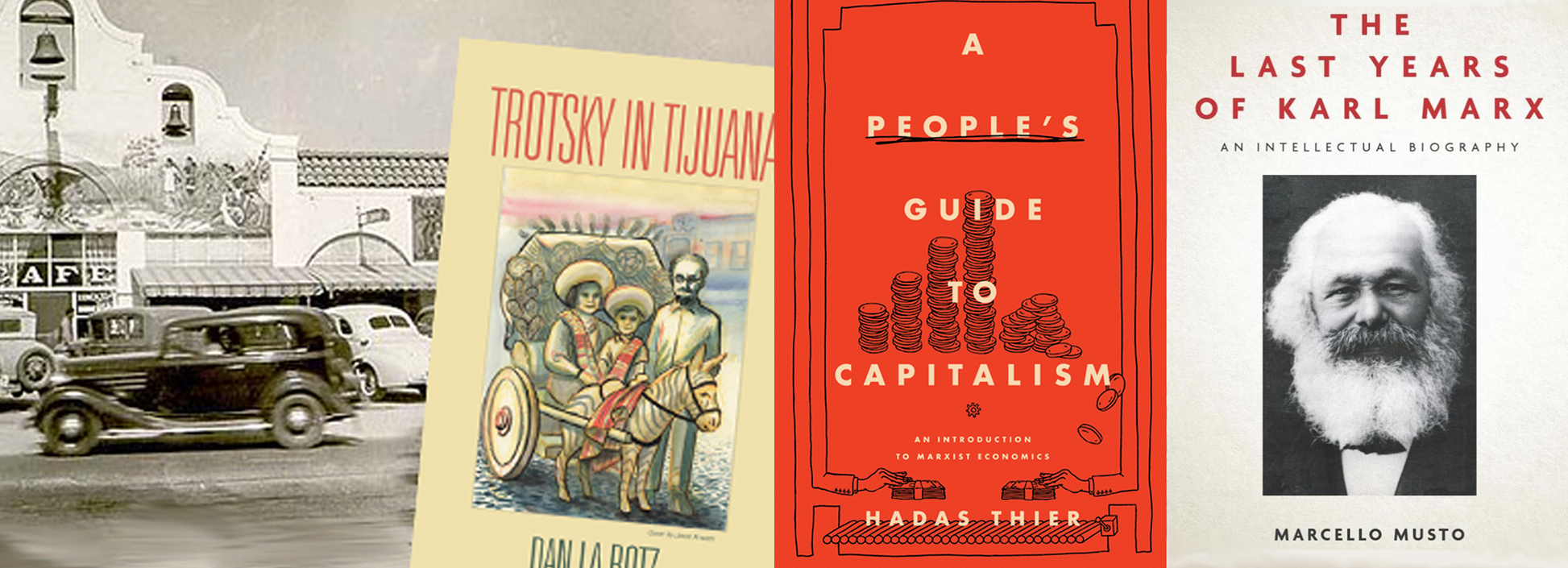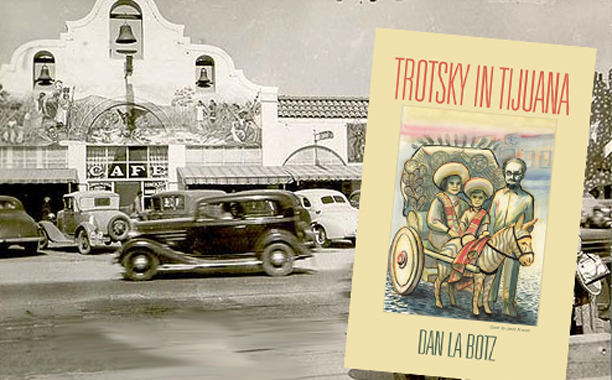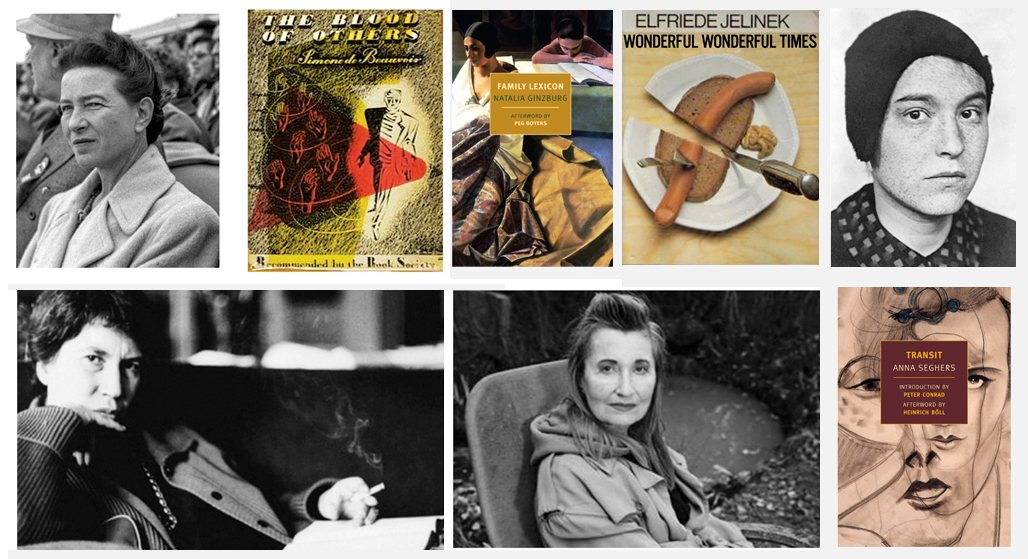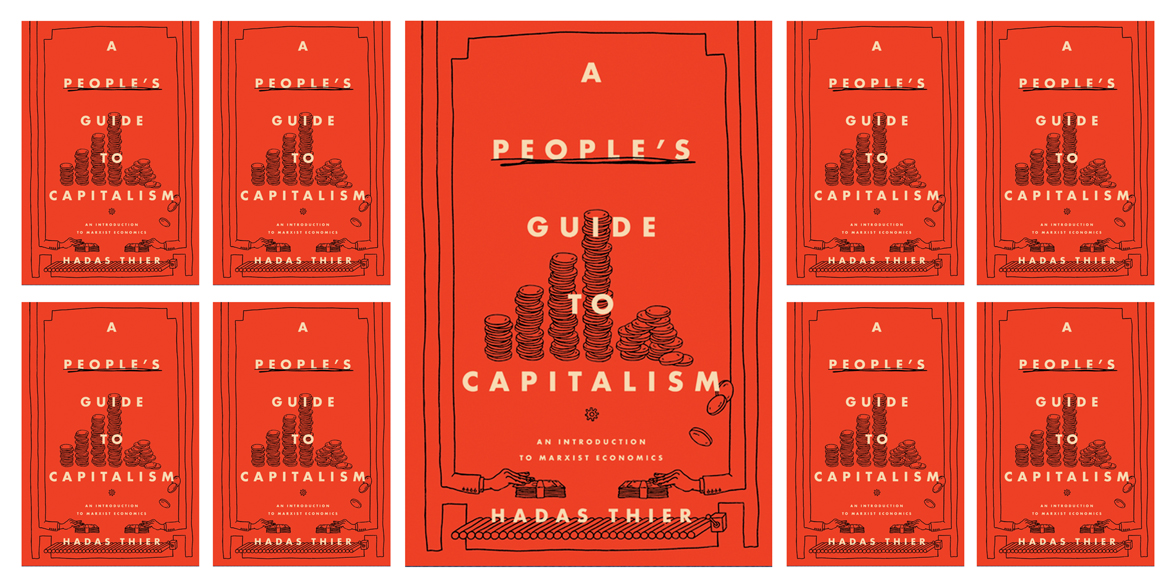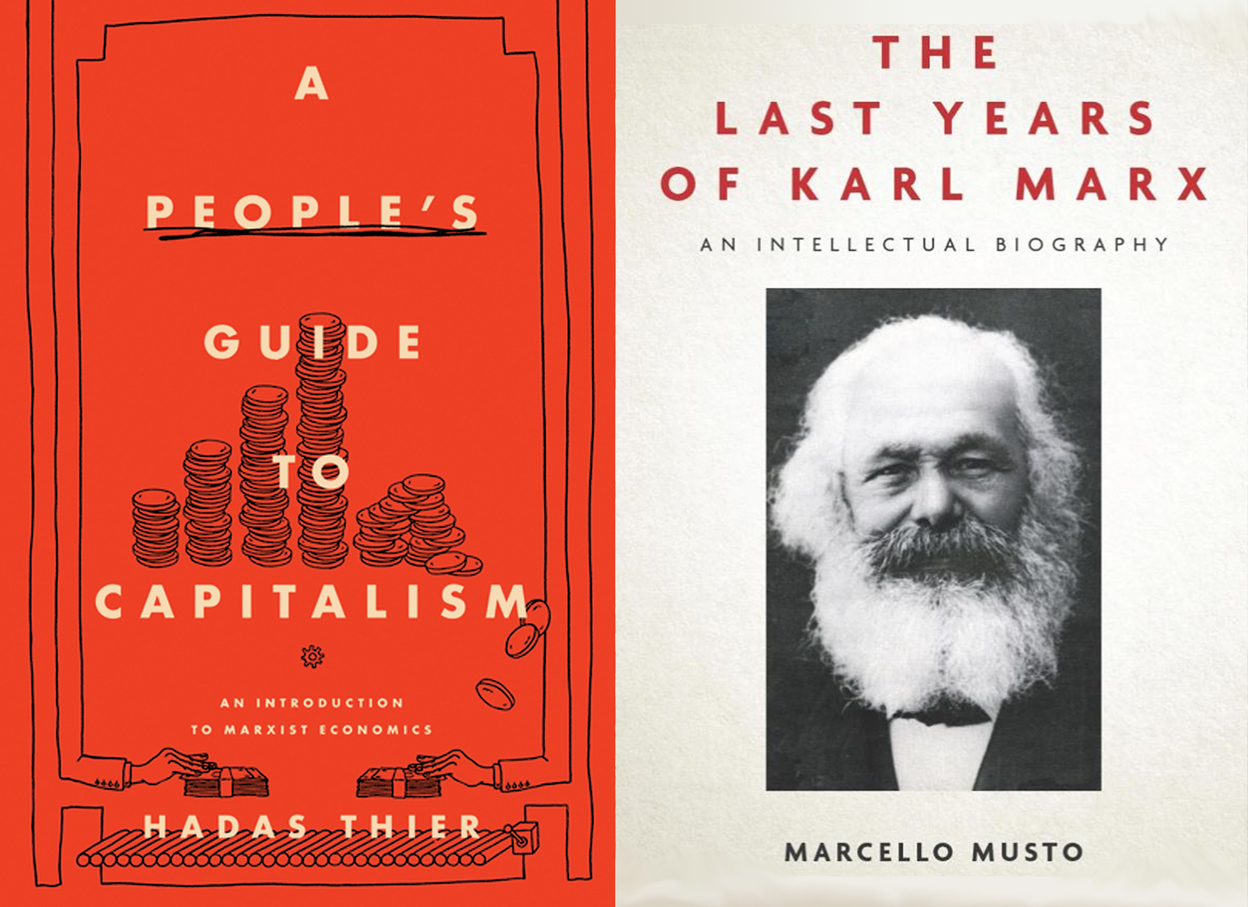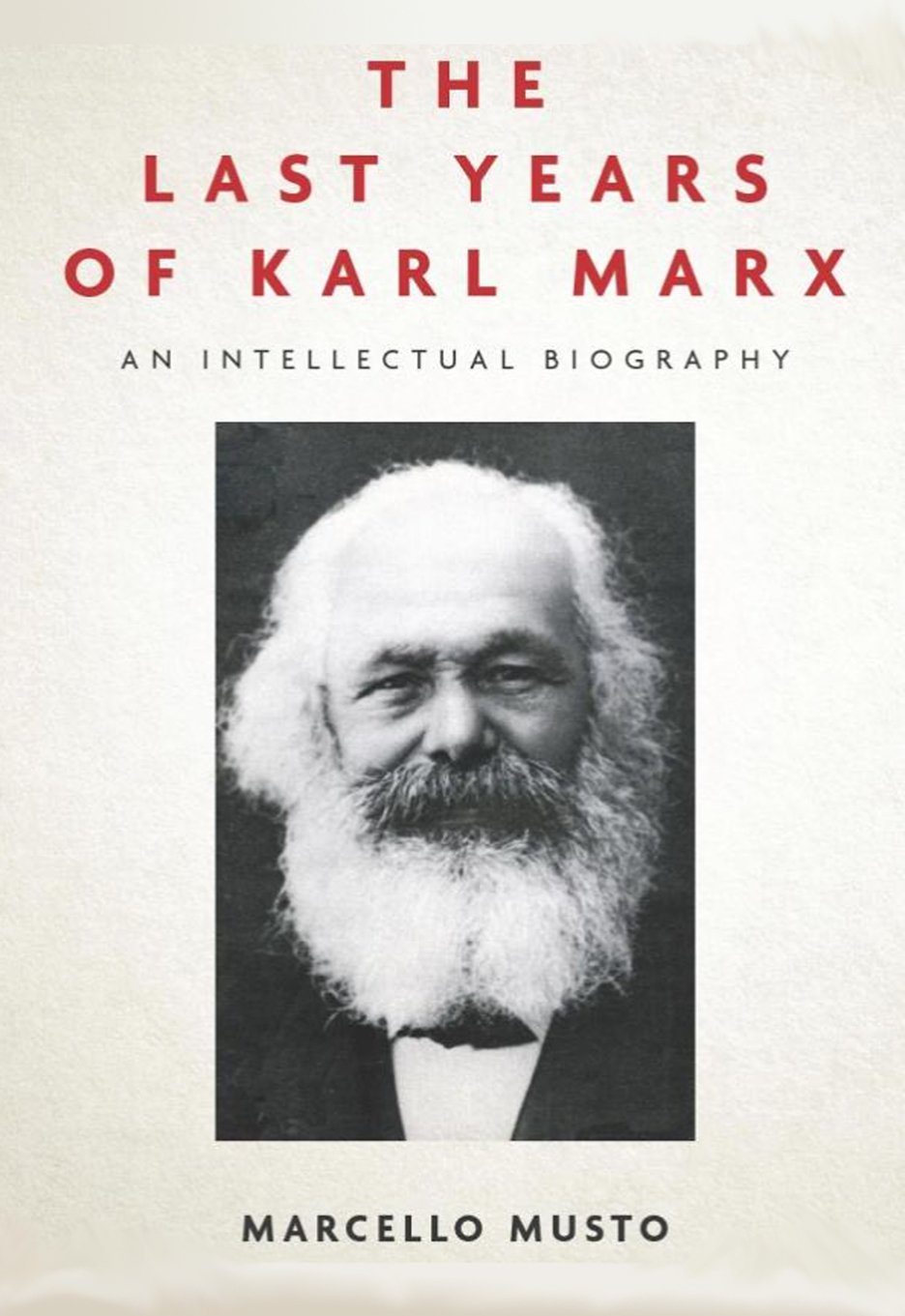Commodity Fetishism vs Capital Fetishism
Online: Zoom link will be provided to registered participantsThe focus will be on the analysis of commodity fetishism, in an effort to contribute to the comprehension of the different dimensions of this concept, especially in Marx’s Capital. For this purpose, we will pursue the following course: There will be an overview of various Marxist approaches to the subject. Subsequently, we are going to consider these approaches in the light of Marx’s analysis.
Social Reproduction and the City
Online: Zoom link will be provided to registered participantsFeminist political economy and feminist welfare state scholarship have not focused on the urban as a scale of analysis, and critical approaches to urban neoliberalism often fail to address questions of social reproduction. To address these unexplored areas, Black unpacks the urban as a contested site of welfare state restructuring and examines the escalating crisis in social reproduction. He lays bare the aftermath of the welfare-to-work agenda of the Giuliani and Bloomberg administrations.
Marx Dead and Alive: Reading Capital in Precarious Times
Online: Zoom link will be provided to registered participantsIn Marx, Dead and Alive—a book that begins and ends beside Marx’s recently violated London graveside—Merrifield makes a spirited case for a critical thinker who can still offer people a route toward personal and social authenticity.
Realistic Metaphysics and the Materialist Conception of History
Online: Zoom link will be provided to registered participantsMarxism's central preoccupation has been that of *class* consciousness. Marx spoke of the working class’s need to transform itself from a class *in itself* (en sich) into a class *for itself* (für sich). After two decades of revolutionary defeats and counter-revolutionary triumphs Trotsky described the situation as “the crisis of proletarian leadership.”
But these were prescriptions, now plainly further from realization than ever. In describing the proletariat as the “universal class,” Marx projected that by establishing its dictatorship (ie., radical democracy) in the proximate interest of all its members, the proletariat begins the human historical project of complete transcendence of class society. The present crisis, however, demands that this concept of “universal” be deepened and enriched. The politics based on consciousness of proximate material interest must give way to the politics of a *planetary* consciousness. The final line of our anthem, “l’Internationale sera le genre humain,” should now be taken literally.
Considerations on Bolshevism Before Stalinism
Online: Zoom link will be provided to registered participantsQuestions such as these are being discussed: Were the Bolsheviks inherently authoritarian? What was 'democratic centralism'? Is the Bolshevik type organization necessary for revolutionary change? What exactly was the role of the Bolsheviks in the revolution? What were the Soviets? How did the soviets come into being? Did soviets represent a higher form of democracy?
The Origins of Geopolitical Economy in Marx’s Remarks on Carey and Bastiat
Online: Zoom link will be provided to registered participantsIn recent years, geopolitical economy has become a term for the properly historical-materialist analysis of international affairs that can successfully comprehend the evolution of the capitalist world order down to the contemporary age of multi-polarity by placing the nation-state as centrally in the analysis of capitalism as class. This interpretation is embedded in Karl Marx’s thinking, though not fully developed there. Perhaps its clearest expression can be found in his fragmentary comments on the “Yankee” mercantilist economist, Henry Carey, in the final pages of the “Grundrisse”.
Capital, Volume 1
Online: Zoom link will be provided to registered participantsMarx’s scientific presentation of the laws of motion of capitalist development begins by analyzing the fundamental or elemental form which wealth takes in our society, the commodity. Understanding this form leads us to the most basic law that grounds social reproduction in societies under the domination of capital, the law of value. Therefore, our first task will be to break through the appearance and reveal the social content of the commodity form. This begins the unraveling of the why and how of what we necessarily, under the domination and exploitation of capital, experience every day in our lives.
Blood and Money
Online: Zoom link will be provided to registered participantsEven before capitalism arose – in a process Marx termed the “so-called primitive accumulation” – money and markets were implicated in the rise and fall of states and empires that conquered and enslaved vast numbers of human bodies. This group will address these histories and their persisting consequences.
THIS EVENT SOLD OUT ON SEPTEMBER 27 at 6 PM. Please write to info@marxedproject.org
The new offering of this course will begin on Monday, January 25, 1 pm to 3 pm New York City time
Invention of the White Race
Online: Zoom link will be provided to registered participantsAllen had concluded by the mid 1960’s that white supremacism was the central obstacle to progressive movements in American life, past and present, yet the “white” race itself remained the most peculiar, contentious and generally misunderstood “identity,” blocking all efforts to achieve a just society. Accordingly, Allen spent the next 40 years in writing and primary research to discern when, where, how and why the Plantation Bourgeoisie invented this “white” race in colonial Virginia and Maryland
3 Event Pass: 5th Edition
Online: Zoom link will be provided to registered participantsAn exceptional offer for four events at prices where you can consider bringing along a friend—all brought together by the Capital Studies Group.
Trotsky in Tijuana: A new novel by Dan La Botz
Online: Zoom link will be provided to registered participantsWho was the Russian revolutionary Leon Trotsky? What did he believe and do? What was his legacy? Dan La Botz’s new novel. Trotsky in Tijuana, examines these questions in fiction.The novel’s premise is that Trotsky was not assassinated in August 1940 but survived and was relocated to Tijuana where he lived on until 1953 dying on the same day as his rival and political opponent Joseph Stalin.
Women Write Against Fascism
Online: Zoom link will be provided to registered participantsWe will look at themes around resistance and collaboration. Beauvoir and Ginzburg write of the period occupation by the Nazis in Vichy France and the period of Mussolini's fascist dictatorship in Italy, while Jelinek's Wonderful Wonderful Times describes the lingering effects naziism had during the years of recovery from the fascist years in Austria in society and within a family.
Opening presentation: A People’s Guide to Capitalism
Online: Zoom link will be provided to registered participantsHadas Their will present on her new book which has been desribed as “a lively, accessible, and timely guide to capitalism for those who want to understand and dismantle the world of the 1%”.
Two Events Special: A People’s Guide to Capitalism and The Last Years of Karl Marx
Online: Zoom link will be provided to registered participantsSpecial pricing for these two presentations, Sunday, December 13, 1-3 pm and December 20, 1-3 pm
The Last Years of Karl Marx
Online: Zoom link will be provided to registered participantsWith The Last Years of Karl Marx, Marcello Musto claims a renewed relevance for the late work of Marx, highlighting unpublished or previously neglected writings, many of which remain unavailable in English. Readers are invited to reconsider Marx's critique of European colonialism, his ideas on non-Western societies, and his theories on the possibility of revolution in noncapitalist countries.


